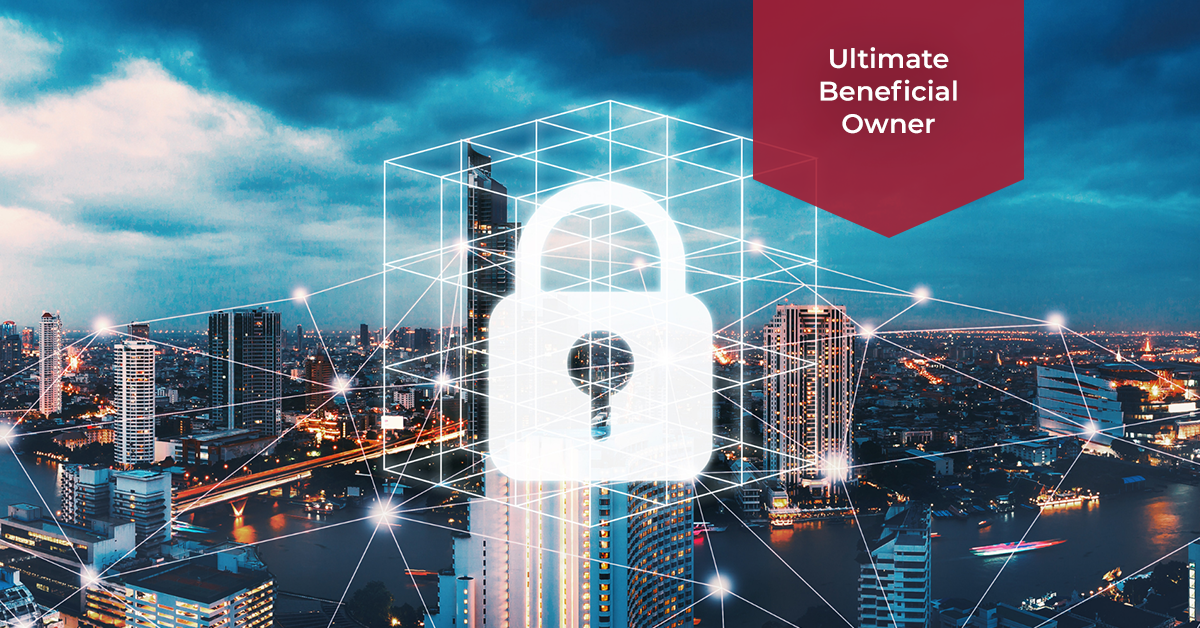
Ultimate Beneficial Owner (UBO)
A UBO is the person that ultimately owns or controls a financial transaction. The relationship between UBO and AML (Anti-Money Laundering) can be hard to indentify and that may lead to onboarding of PEPs (Politically Exposed Persons) and individuals who are sanctioned for tax evasions or money laundering. It is even possible for important details within complex structures to go unnoticed. That is why it is important to disclose UBO’s identity.
What is an Ultimate Beneficial Owner?
UBO is a legal term used to determine the ultimate beneficiary of a company or an organization. Though the definition may vary, UBOs generally hold a minimum 10-25% of the capital or voting rights of the given company or organization.
According to the Financial Action Task Force’s (FATF) description of a UBO; persons with characteristics such as having power of attorney, guardianship of minors, owning 25% of share capital exercise and of voting rights or benefit from at least 25% of an entity’s capital, and shareholders should be considered as a UBO.
Banks identify UBOs with following 4 steps:
1)They acquire the organization’s credentials by receiving the firm’s up-to date information such as registration number, name, address, official status, and the names of top management employees. All this information is important for verification of accuracy and legitimacy.
2)Secondly, they research the ownership chain to identify the legal or natural persons who holds a share or interest, and if their ownership is direct or indirect.
3)Then they identify or verify the Ultimate Beneficial Owner(s). Which means checking every individuals’ current state in the company or organization to determine whoever of them are UBOs. Lastly, since all UBOs must go through the appropriate AML/KYC checks, banks perform AML and/or KYC checks.
UBO’s Relation to Anti Money Laundering
Since UBOs may conceal the true nature of their businesses or their identities, they can present an AML risk. That means, financial institutions need to identify the UBOs of the transactions as part of their AML compliance program. They can use this information to detect the level of risk and any suspicious activity that may indicate money laundering or terrorism financing.
What are the Differences Between UBOs and Shareholders?
The difference between the two would be that a shareholder is a person that owns shares in a company or an organization, whereas a UBO is a person who is the ultimate owner or controller of a company or an organization. Though in some cases, the shareholder and the UBO may be the same person.
